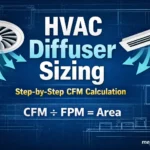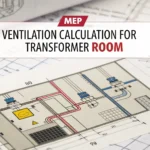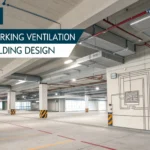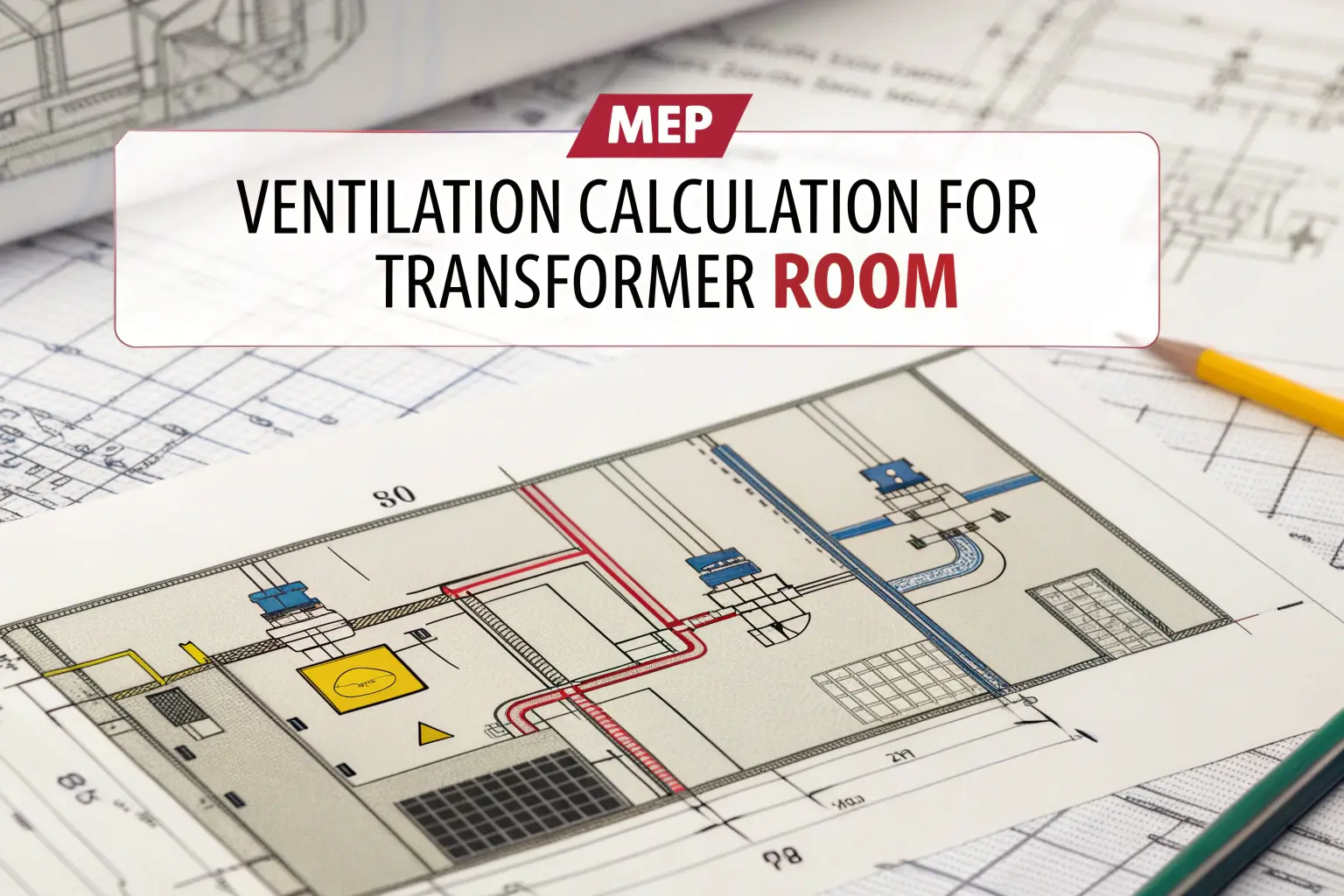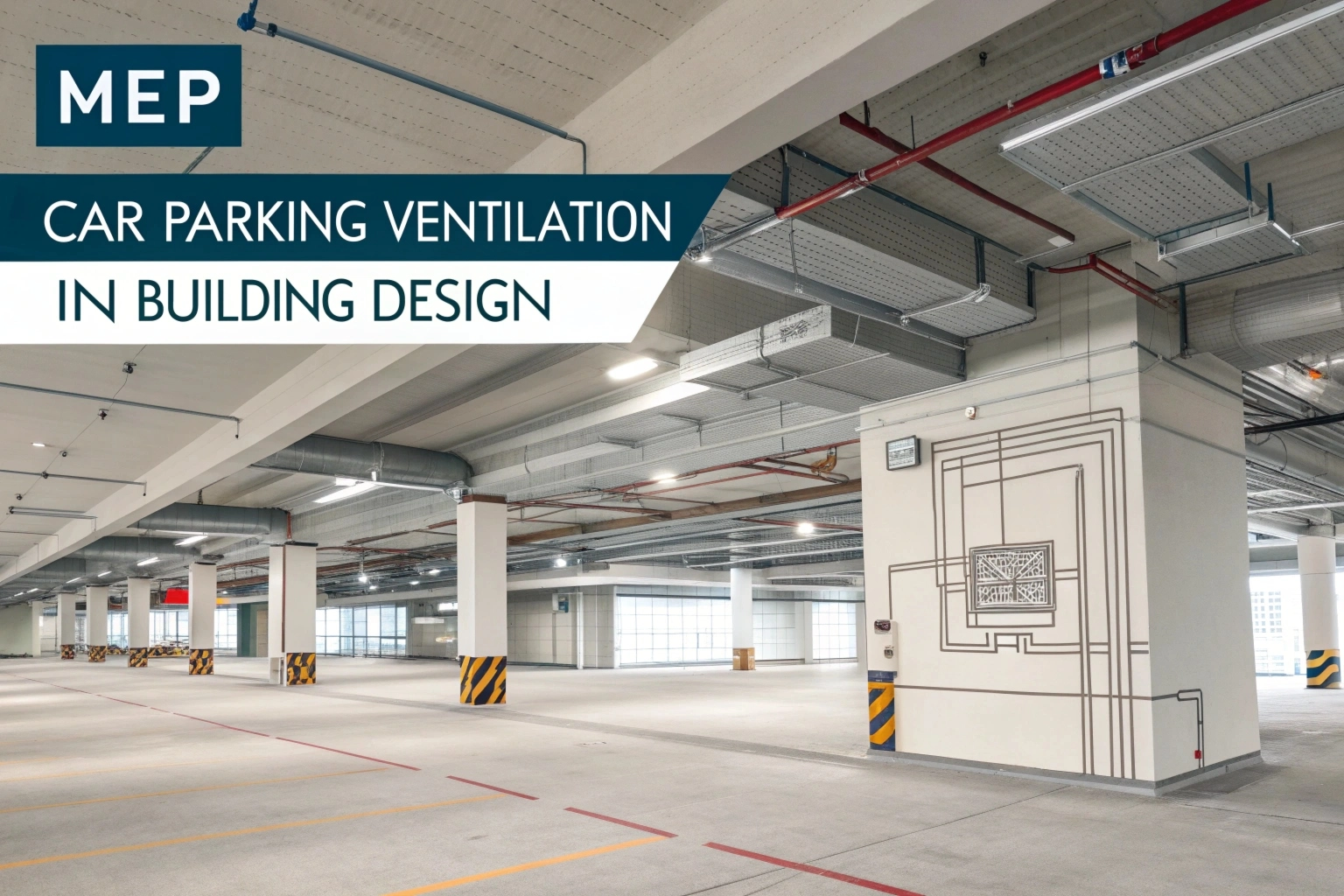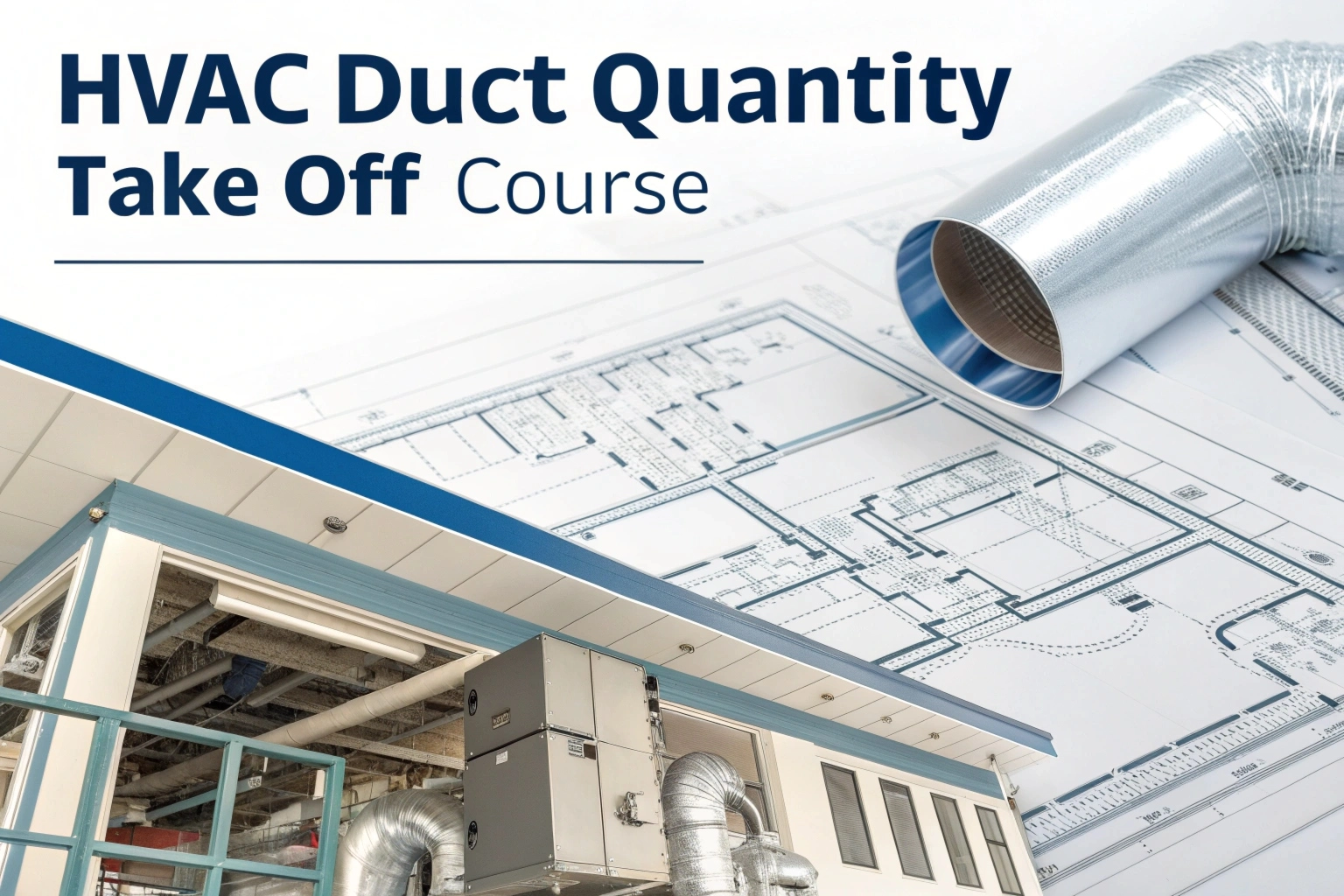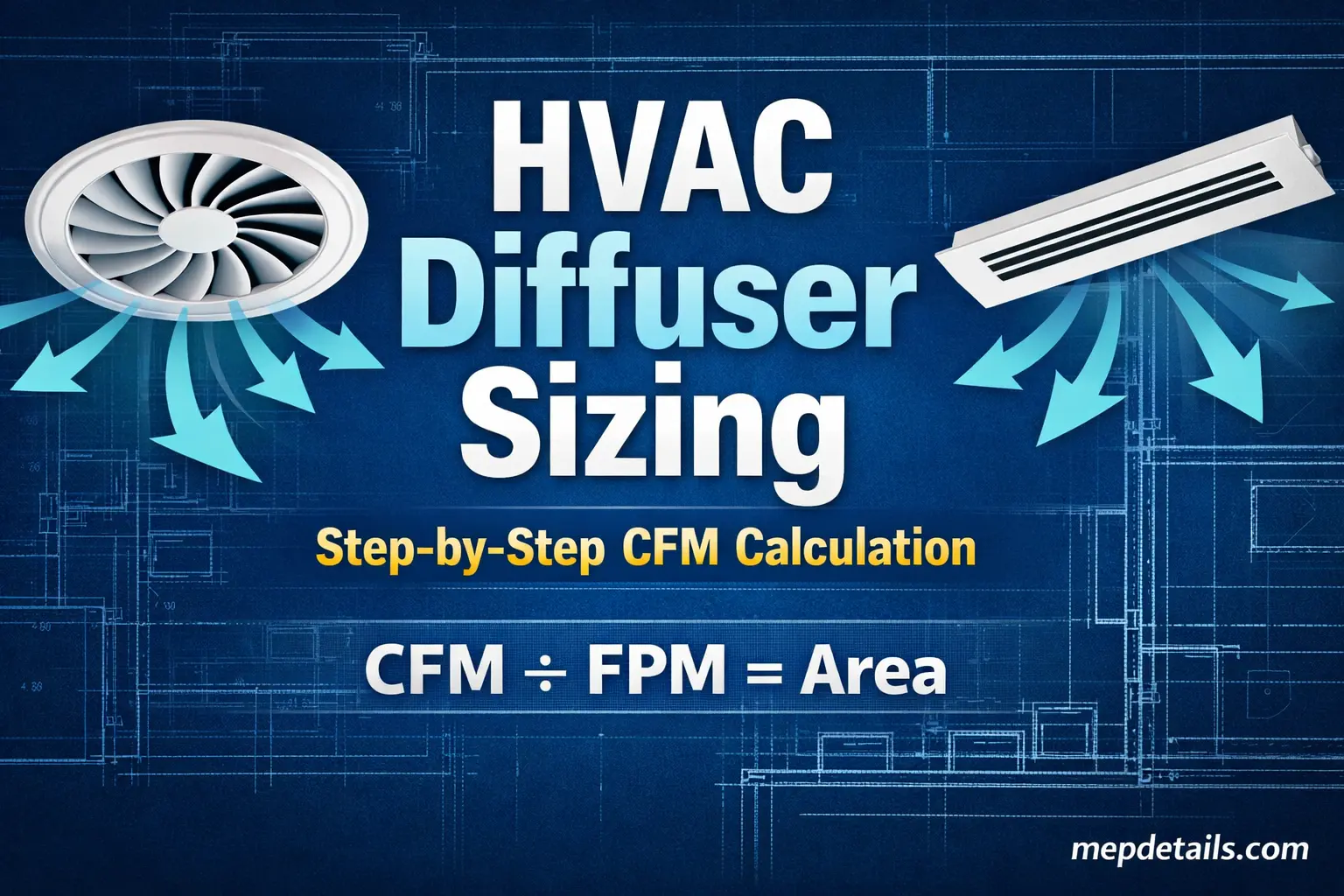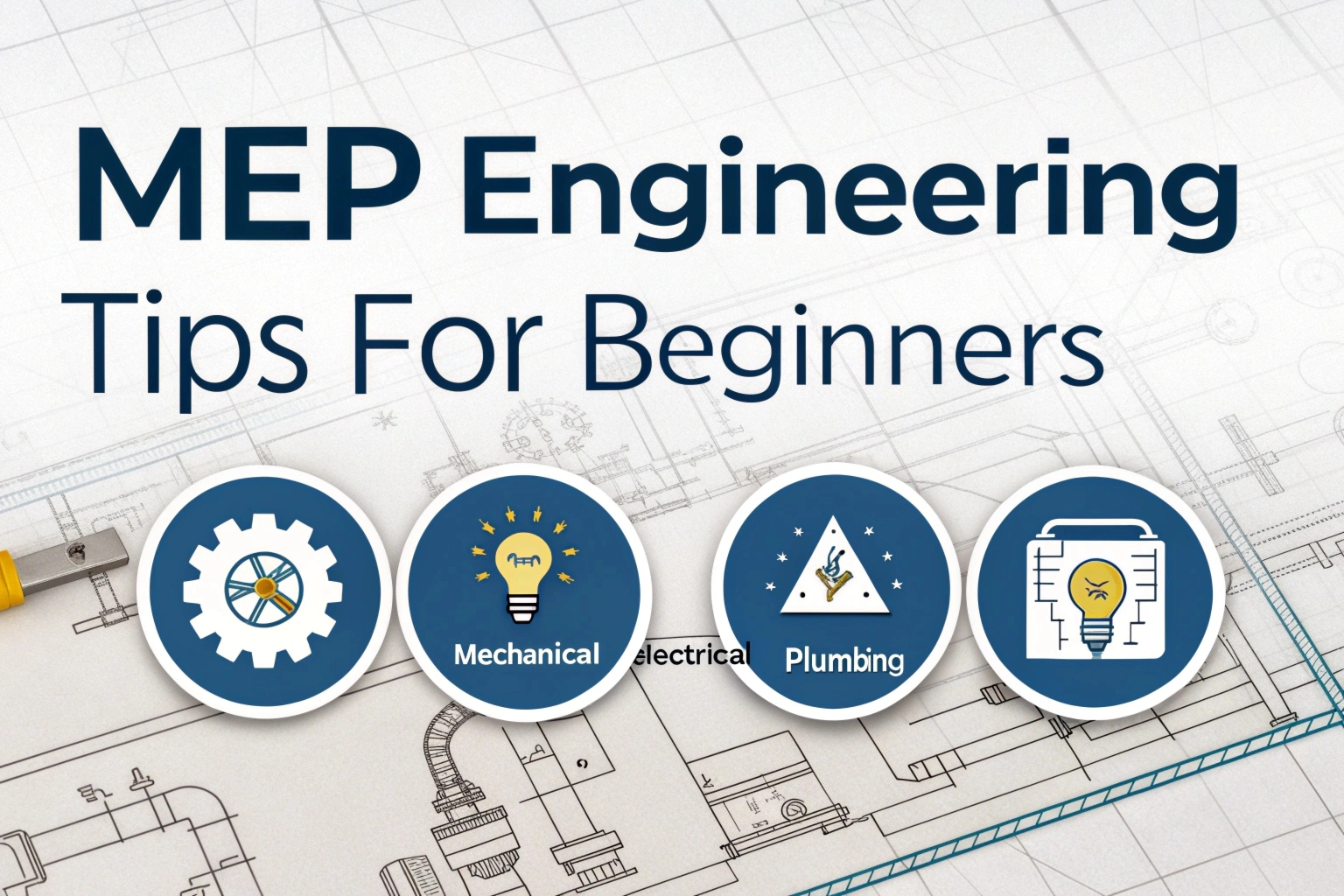The HVAC industry continues to grow with increasingly smart buildings and strict energy standards. With growth comes new job openings each year in design, installation, maintenance, and system optimization. HVAC professionals work in homes, offices, hospitals, airports, and industrial plants. Because heating, cooling, and ventilation are related to comfort and safety, skilled people in this field are always in demand. Continuous technological improvements ensure the industry offers long-term stability and lots of opportunities to build a successful career.
HVAC Engineer
The HVAC engineer designs heating, cooling, and ventilation systems for various types of buildings. These engineers study load calculations, energy efficiency, duct sizing, and equipment selection. Because these engineers work so closely with the architect and MEP teams, they help create safe, efficient, and comfortable indoor environments. Often, their role includes checking drawings, solving technical problems, and ensuring that systems follow codes and standards. The buildings continue to grow in complexity, with HVAC engineers enjoying strong career growth. Many engineers move into roles like energy consultants, project managers, or commissioning specialists.
HVAC Technician
HVAC technicians are responsible for the installation, service, and repair of HVAC-related equipment. Since they go to different sites each day, the job is quite active and practical. They work on chillers, VRF systems, air handlers, ducts, and controls, so they would know almost every type of system in real time. Because HVAC machinery needs servicing seasonally, technicians are always in demand. With more companies using smart and energy-efficient machinery, experienced technicians get better opportunities. Many technicians also upgrade their skills with certifications that result in higher pay and responsibilities.
HVAC Skilled Worker
Other HVAC skilled workers include duct fabricators, duct fitters, insulation workers, piping installers, and controls helpers. Skilled workers do the hands-on work during construction that gives shape to the whole system. They help engineers and technicians by doing correct installations. As long as buildings continue to rise and renovation projects mount, these jobs will remain stable. With more experience, many are promoted to supervisor or foreman positions. Practical knowledge is valued in the industry, so workers with good technical skills can have a successful long-term career.
Why HVAC is a Strong Career Choice
The HVAC industry also has many ways through which one can learn and grow. First, it is growing annually due to modernization and energy regulations. Second, there are many sectors related to HVAC that give flexibility to the professionals. Third, technological advancement opens up new opportunities in automation, smart controls, and green buildings. Finally, a job in HVAC offers good, regular remuneration along with wonderful job security. It matters not whether one is interested in designing, repairing, or performing practical site work since the trade has room for all.



